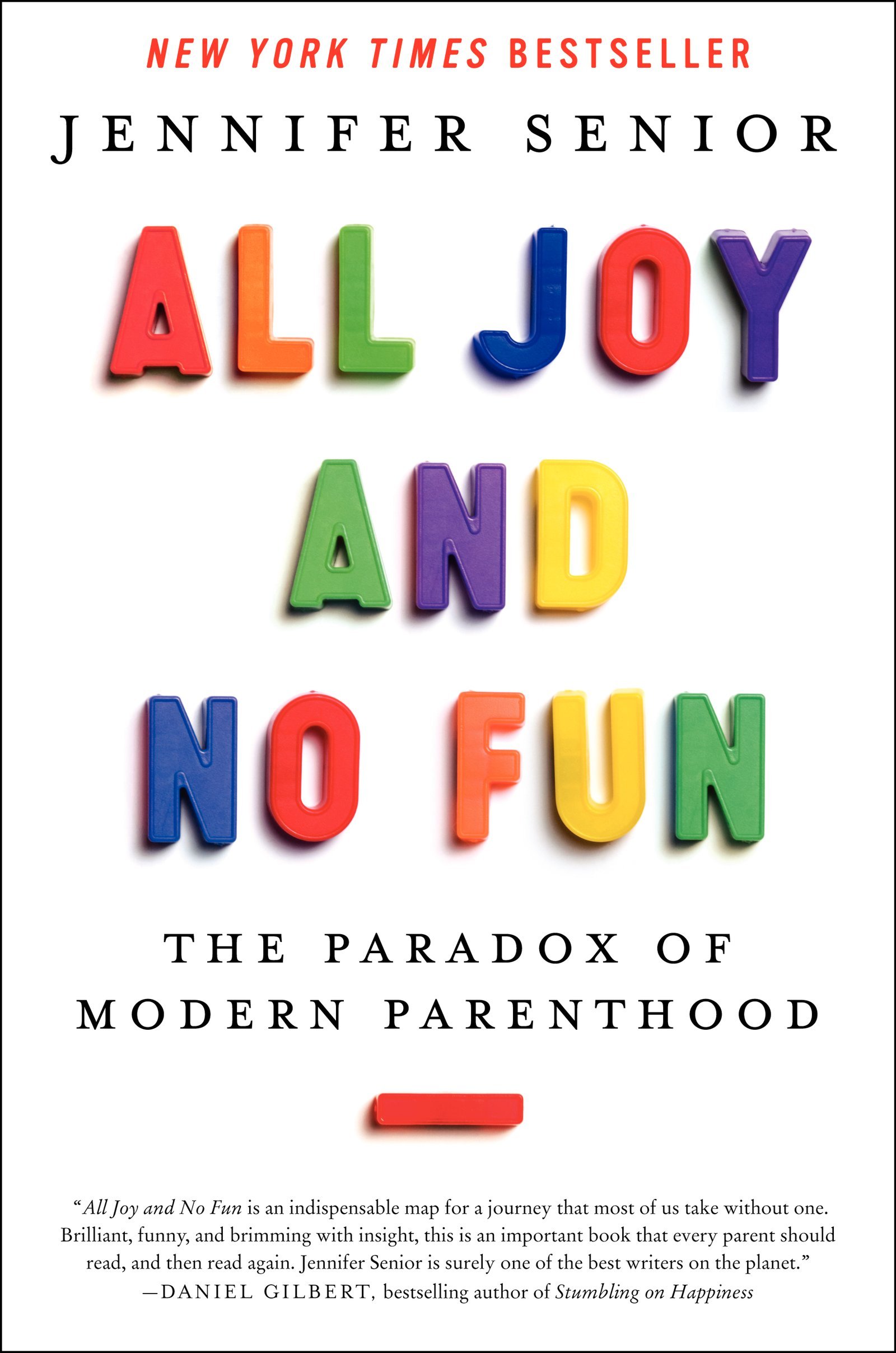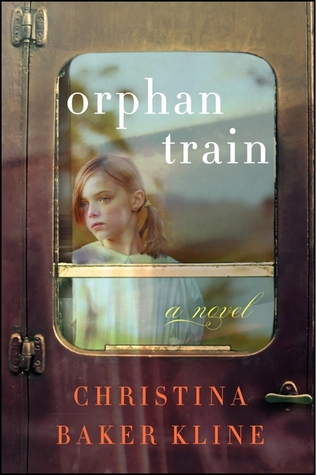All Joy and No Fun
Nonfiction by Jennifer Senior
Remember that book I said I was probably going to quit? Well, I didn't. As infrequently as I read non-fiction, I find that the ones I have read recently are better than I expected. Maybe I'm getting smarter. Or older. Either way, this book turned out to be super interesting, so much so that I keep bringing it up in conversation (ok, maybe that's partly because I want credit for reading smart people books).
The premise of this book is that while innumerable studies have been done on the effects of parenting on children, none have ever been conducted on the effect of parenting on parents. Senior set out to conduct her own interviews and research about that idea, as well as including tons of other relevant studies and a great deal of history of parenting and childhood experience.
At first I was put off by what seemed to be just a retelling of my own experiences: I don't need a book to tell me that parenting is hard! Senior's interviews seemed to be the same as reading facebook or mommy blogs: crumbs on the couch, middle of the night wake ups, struggling marriages. When she got to the research and history, though, I got interested. By citing certain studies, Senior suggests that the intense and exhausting thing that is parenting today is a product of our recent history of protecting children rather than viewing them as partners in work. It is taken to the extreme, certainly, in the helicopter-Pinterest style of parenting that is popular on social media, but it is necessary based on our changing view of children's roles in the world.
I felt personally relieved to learn that there is a reason why we modern parents are the way we are. The fact that I even think as much as I do about HOW and WHY I parent a certain why (and Senior would also add my use of "parent" as a verb) indicates that I am truly a modern parent, super involved and possibly too reflective. But at least I am not alone! So I guess I did need that re-telling of parenting experiences after all...
Orphan Train
Historical fiction by Christina Baker Kline
Following right on the heels of a book about parents...is a book about two girls who grow up without the benefit of parents. This novel throws into stark relief the differences between historical and modern parenting and childhood. Two girls in this book become orphans, Vivian in the late 1920's as a recent Irish immigrant, and Molly in contemporary times after the death of her father and breakdown and incarceration of her mother. Neither girl's family was safe and healthy for her before, but their situations after are equally hard or harder. The two meet with Molly is in foster care and needs to do a community service project and Vivian is a ninety year old woman who needs her attic cleaned out. As you can imagine, their relationship develops and Vivian shares her history with Molly eventually.
Vivian's experiences on and after the orphan train and Molly's experiences in foster care have many mirrored events. While this makes the characters seem similar and share connections, it showed to me, just after reading All Joy and No Fun, just why we protect children so very much today. The orphan trains were run from New York to the mid-west under the assumption that families would need these children to work for them. While the adoptive families were expected to put the orphans in school, blind eyes were turned as long as the orphans were not returned to the welfare society. It was also a short step from expecting a child to work for room and board, to over-working and under-feeding and clothing for the child. Vivian's story, while fictional, is evidence of that.
I did find all the characters in this book a little two-dimensional. The orphans are too perfect and innocent, even the one on probation; the foster families are too evil or angelic in turn. They didn't need to be characterized as so completely one-sided to convince me who to sympathize with. Or to make me grateful that I am raising my children in the decades that I am. As much as I may have to worry about, at least it's not child labor or orphanages.


No comments:
Post a Comment